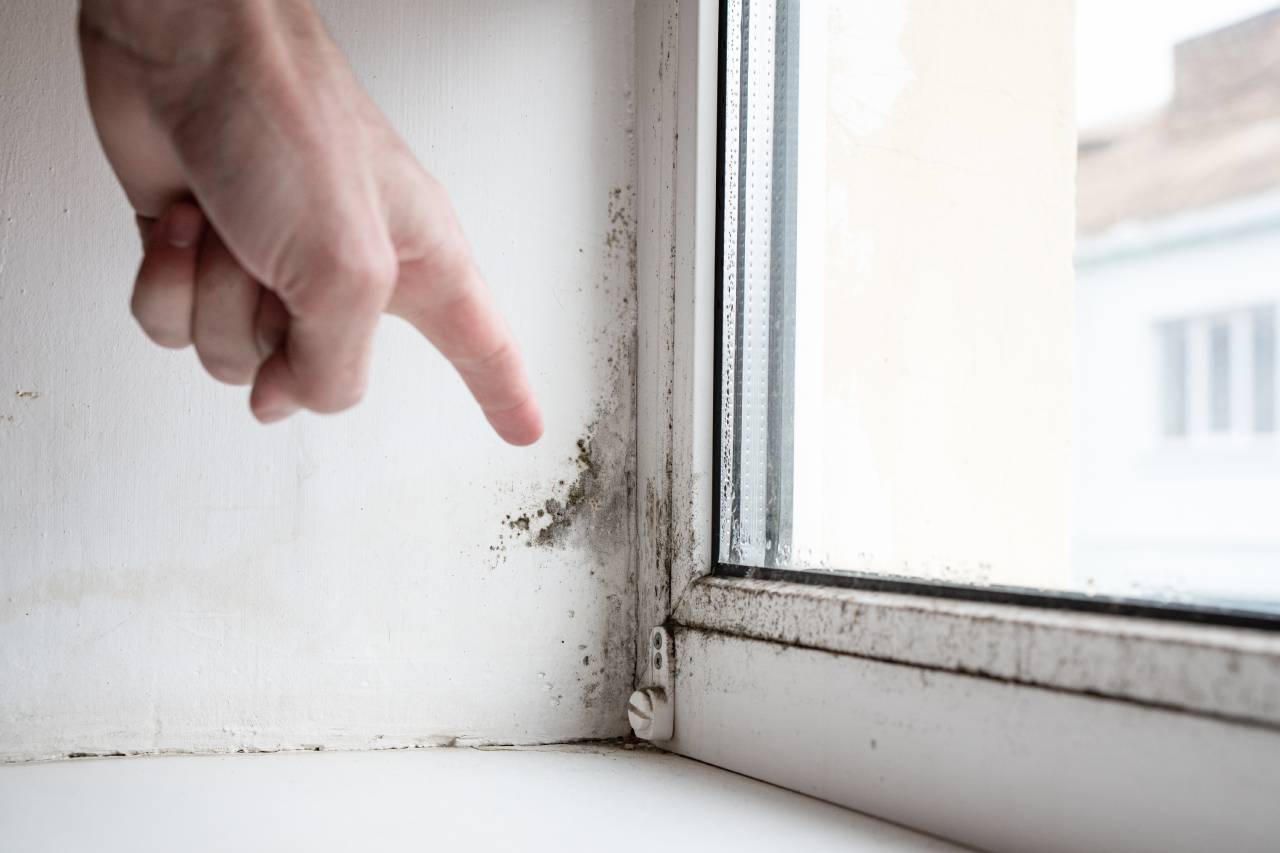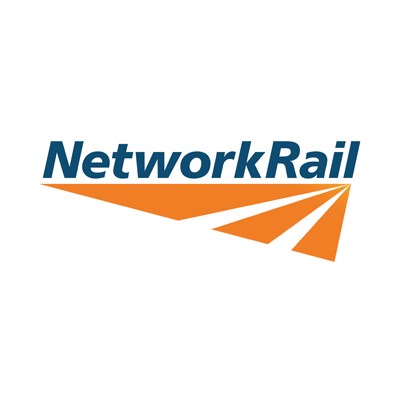
How Does Fuel Poverty Damage Properties?
The health complications that come with a poorly heated home are undeniable, but do low temperatures and unaffordable energy prices also cause direct and indirect damage to the health of properties as well as residents?
Mould, Damp & Condensation
When a home is cold, often the first instinct of tenant is to keep all windows and doors shut. However, a warm and moist environment inside the home can create the perfect conditions for mould growth.
Opening windows to allow better airflow or a humidifier can be a quick fix, but smart monitoring solutions for temperature and humidity can also help to identify homes where this may be a bigger cause for concern than others.
Mould spreads quickly on all manner of surfaces, so can end up causing costly damage, including damage to the structure of the home, such as plaster and cavity insulation.
Burning Solid Fuels
The sad reality of fuel poverty means that often residents are forced to find alternative and, quite often, dangerous ways of staying warm during the winter.
Cases of burning solid fuels within the home can include burning furniture or even flammable fluids.
The dangers that come with these methods can often cause irreparable damage, whether it be from smoke or fire damage, or instances where residents are forced to use solid fuels from the property itself, such as internal doors and window frames. Aside from the impact on the structure of your property, these circumstances can also be extremely dangerous and in some cases, fatal for your residents.
What can housing providers do to tackle damage caused by fuel poverty?
In most cases, early intervention or predictive measures are the best way to ensure that residents are not damaging properties, or their own health and wellbeing as a result of fuel poverty.
First of all, by ensuring adequate measures have been taken in order to efficiently and affordably heat homes. A technology-based solution is often the best way forward, as housing providers can take a data focused approach to tackling fuel poverty.
Providers, with the correct data, can identify which properties are at a higher risk of fuel poverty with greater accuracy, therefore allowing them to intervene before the situation can fall into a downward spiral.
Monitoring solutions provided by Invisible Systems can enable housing associations and providers to take control of this data and unlock the insight needed to understand the situations and hardships of their tenants.
Find out more about the I-System or to book a demo today.








